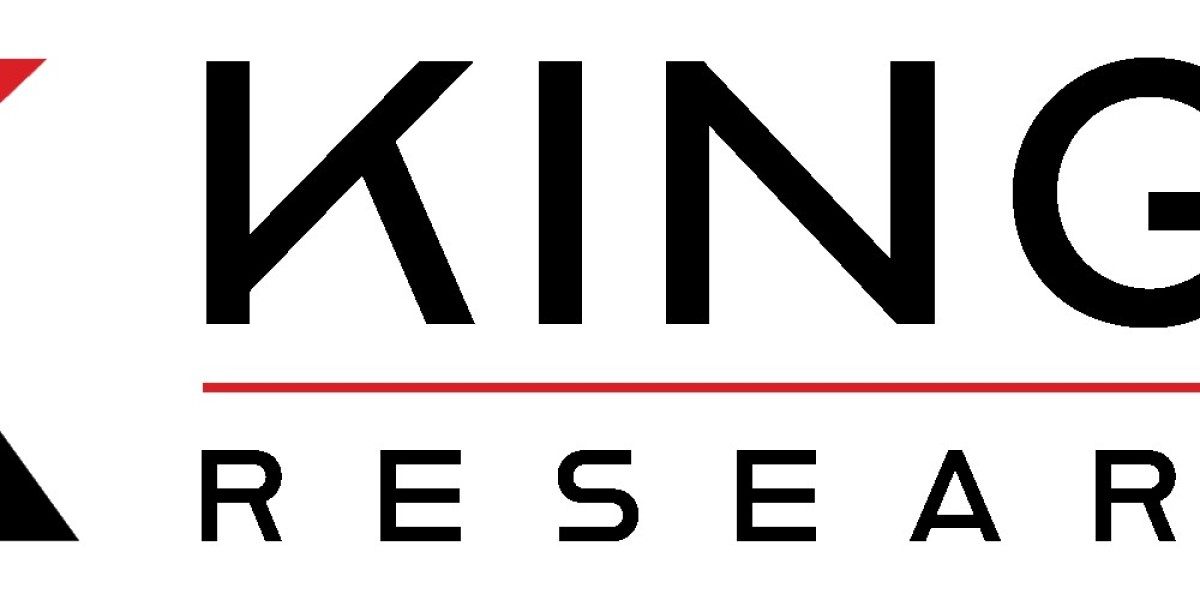For parents who are unable to breastfeed exclusively, navigating the world of baby milk powder (formula) can feel overwhelming. With countless brands, stages, and specialty formulas available, making an informed choice is crucial.
Breast Milk: The Gold Standard
Breast milk, rich in essential nutrients and antibodies, is undeniably the gold standard for infant nutrition. However, for various reasons, some parents choose formula feeding or a combination of breast milk and formula.
Understanding Baby Milk Powder: A Nutritional Powerhouse
Baby milk powder is a specially formulated product designed to meet the specific nutritional needs of infants from birth to 12 months. It's crafted to mimic breast milk as closely as possible, containing essential proteins, carbohydrates, fats, vitamins, and minerals to support your baby's growth and development.
Types of Baby Milk Powder: Choosing the Right Fit
The world of baby milk powder can be vast, but here's a breakdown of the main types to help you navigate the options:
Cow's Milk-Based Formula: This is the most common type and is suitable for most healthy babies. It's made from cow's milk that's been modified to be easier for babies to digest.
Soy-Based Formula: This type is ideal for babies with a cow's milk protein allergy or lactose intolerance. It's made from soybeans and is fortified with essential nutrients.
Hydrolyzed Formula: This type is broken down into smaller protein pieces, making it easier for babies with sensitive tummies or allergies to digest. It comes in various degrees of hydrolysis, with extensively hydrolyzed formulas being the most broken down.
Specialized Formulas: These formulas cater to specific needs. For example, there are formulas for premature babies, babies with reflux, or those requiring additional iron or specific nutrient profiles.
Important Note: Always consult your pediatrician before choosing a specialized formula for your baby.
Choosing the Right Brand: Decoding the Labels
With a plethora of brands on the market, here are some factors to consider when choosing a baby milk powder:
- Ingredients: Look for a formula fortified with essential iron, vitamins, and minerals to support your baby's development.
- Stage: Formulas are often categorized by stages (e.g., Stage 1 for newborns, Stage 2 for older babies). However, stage is not a strict requirement, and your pediatrician can advise on the most suitable option for your baby's age and needs.
- Organic Options: Some parents prefer organic formulas made with organically sourced ingredients.
- Brand Reputation: Choose a reputable brand known for high-quality standards and strict safety protocols.
Remember: Price doesn't always equate to quality. Consult your pediatrician for recommendations based on your baby's specific needs and your budget.
Safe Preparation and Handling of Baby Milk Powder
Always prioritize hygiene when preparing and handling baby milk powder:
- Wash your hands thoroughly: This is crucial to prevent the spread of bacteria.
- Sterilize bottles and nipples: Follow manufacturer's instructions for proper sterilization.
- Use clean, filtered water: Boil tap water for one minute or use filtered water at room temperature.
- Follow mixing instructions precisely: Incorrect dilution can affect your baby's nutrition.
- Never reuse formula: Prepare fresh formula for each feeding.
- Store formula powder properly: Keep it in a cool, dry place and tightly sealed after opening.
Safety Tip: Discard any unused prepared formula after two hours.
Building a Happy and Healthy Future: Beyond Formula
While formula plays a vital role in infant nutrition, remember it is not a substitute for breast milk. If you're considering formula feeding, discuss your options and any concerns with your pediatrician. They can provide guidance on establishing healthy feeding routines and monitor your baby's growth and development.







